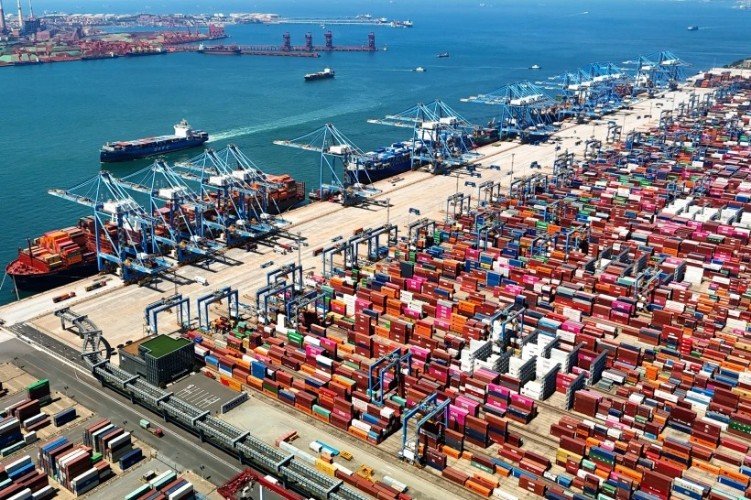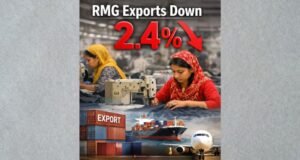
China on Sunday warned the United States against escalating trade tensions after President Donald Trump threatened to impose 100% tariffs on Chinese imports, urging Washington to resolve disputes through negotiation rather than threats.
“China’s stance is consistent,” the Ministry of Commerce said in an online statement. “We do not want a tariff war but we are not afraid of one.”
The response came two days after Trump warned of steep tariffs starting November 1, in retaliation for China’s new restrictions on rare earth exports — critical materials used in a wide range of consumer electronics and military technologies.
The tit-for-tat measures have raised fears that a planned meeting between Trump and Chinese President Xi Jinping could be scrapped, potentially ending the fragile truce in a trade war that has already seen tariffs from both sides spike above 100% earlier this year.
The Chinese Commerce Ministry criticized the U.S. approach, stating: “Frequently resorting to the threat of high tariffs is not the correct way to get along with China.” The ministry emphasized the need for dialogue to address disagreements and warned of reciprocal action if the U.S. proceeds with further punitive measures.
“If the U.S. side obstinately insists on its practice, China will be sure to resolutely take corresponding measures to safeguard its legitimate rights and interests,” the statement said.
At the center of the current dispute is China’s decision to tighten control over rare earth exports. Under new rules, foreign companies must now obtain special licenses to export products containing rare earths sourced from China — even in small amounts.
Rare earths are essential to many high-tech industries, including electric vehicles, jet engines, smartphones, and advanced military equipment. China dominates the global supply, accounting for nearly 70% of mining and about 90% of processing.
The ministry stated that export licenses would still be granted for “legitimate civilian uses,” but acknowledged the materials also have significant military applications — a major concern for the U.S.
China also accused the U.S. of breaking the spirit of the trade truce by expanding export controls on Chinese firms and introducing new port fees targeting Chinese vessels, set to take effect Tuesday. In response, China said it would impose its own port fees on American ships.
Trump, for his part, has accused China of becoming “very hostile” and “holding the world captive” by weaponizing its rare earth dominance.
With tensions rising on both trade and strategic fronts, the prospect of a breakthrough between the two countries appears increasingly uncertain.
 Weekly Bangla Mirror | Bangla Mirror, Bangladeshi news in UK, bangla mirror news
Weekly Bangla Mirror | Bangla Mirror, Bangladeshi news in UK, bangla mirror news







